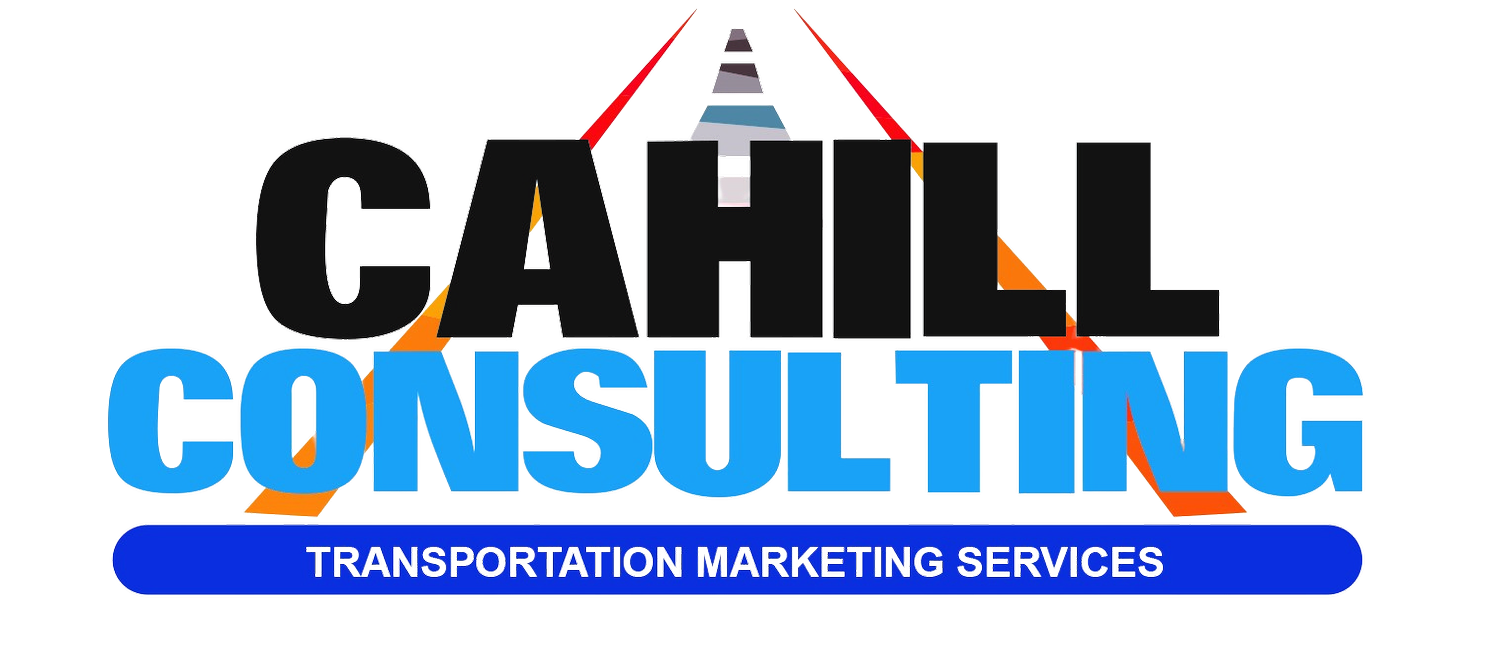What Freight Tech Consolidation Means for Your Marketing Strategy
Woah. The market is changing… and fast!
How is all this consolidation going to affect YOUR company?
Freight tech is in the middle of a consolidation wave that shows no signs of slowing down. The deals happening right now aren’t just about scale - they’re reshaping the competitive landscape, redefining value propositions, and changing how companies need to position themselves in the market.
The Big Moves in Freight Tech
DAT Freight & Analytics reshaping freight tech. With acquisitions like Convoy’s platform, Trucker Tools, Outgo, and the earlier purchase of Chainalytics’ FMIC in 2020, the company is executing a bold strategy: building a complete, end-to-end freight technology ecosystem.
Triumph Market Insights has also made bold moves, assembling a freight powerhouse with Hubtrans, Highway, and most recently Greenscreens.ai in a $160 million deal. By expanding into identity verification, fraud prevention, dynamic pricing, and compliance, Triumph is positioning itself as a critical player in freight transactions.
And it doesn’t stop there. Overhaul’s acquisition of FreightVerify, along with Truckstop’s purchase of Denim and RMIS in 2022, show that this market is redrawing itself in real time.
Why It Matters for Your Marketing
Consolidation isn’t just a finance or operations story. It creates real challenges — and opportunities — for how brands go to market. Here’s what it means for your marketing strategy:
Reinforce your brand. As offerings overlap, clear differentiation is more important than ever. Strong branding ensures your message cuts through the noise.
Adapt your messaging. Your place in the market may shift as competitors combine. Update positioning so customers understand where you fit and why it matters.
Leverage thought leadership. Industry shakeups create uncertainty. Be the voice that explains trends and provides clarity — that builds trust.
Capitalize on disruption. Consolidation creates new gaps and pain points. Position your solution as the answer to emerging challenges.
The Bottom Line
The consolidation wave isn’t slowing down. Those who only react will fall behind, while leaders will shape the industry and drive real change.
If your marketing strategy hasn’t been updated in light of these shifts, now’s the time. Whether it’s sharpening your message, building thought leadership, or identifying new opportunities created by consolidation, a proactive approach will keep your brand ahead of the curve.
👉 At Cahill Consulting, we work with freight tech and supply chain companies to do exactly that — helping them adapt quickly, stay visible, and earn trust in a changing market. Let’s chat.

